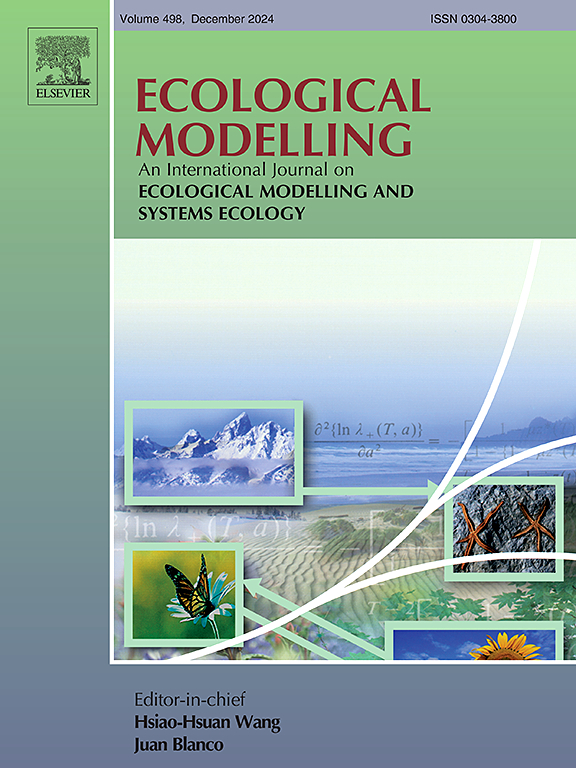面对树皮甲虫风险,优化森林管理
IF 2.6
3区 环境科学与生态学
Q2 ECOLOGY
引用次数: 0
摘要
随着气候变化的加剧,云杉树皮甲虫(Ips typographus L.)对欧洲森林的影响越来越大,这正成为一个主要问题。这种情况引发了整个欧洲关于采用新的适应性森林管理战略以减轻对林业部门的经济影响的讨论。尽管如此,从气候变化的角度来看,一些地区尚未完全采取应对树皮甲虫爆发的长期战略。在我们的研究中,我们研究了将树皮甲虫风险纳入森林管理策略的影响,同时考虑了当前和未来的气候变化情景。我们的研究结果表明,减少挪威云杉高比例的低密度林分的轮作长度,在更高产的地点产生实质性的经济优势。特别是,有树皮甲虫爆发历史的地区,如挪威的韦斯特福尔,将从早期收获中获益良多。在气候变化情景下,该地区提前收获的经济收益预计将在未来50年增加近10倍。此外,我们建议考虑在森林中使用混合树种作为另一种适应策略,以提高森林对树皮甲虫侵扰和其他自然干扰的恢复能力。本文章由计算机程序翻译,如有差异,请以英文原文为准。
Optimizing forest management in the face of bark beetle risk
The rising impact of the spruce bark beetle (Ips typographus L.) on Europe's forests is becoming a major concern, with climate change intensifying the problem. This situation has sparked discussion across Europe about adopting new, adaptive forest management strategies to mitigate the economic impacts on the forestry sector. Despite this, some regions have yet to fully embrace long-term strategies against bark beetle outbreaks from a climate change perspective. In our study, we examined the effects of integrating bark beetle risk into forest management strategies, considering both current and future climate change scenarios. Our findings indicate that reducing rotation length of low density stands with a high proportion of Norway Spruce situated in more productive sites yields substantial economic advantages. Particularly, regions with a history of bark beetle outbreaks, like Vestfold in Norway, stand to gain significantly from early harvesting. The economic gain from harvesting earlier in this region is projected to increase nearly tenfold over the next 50 years under climate change scenarios. Additionally, we recommend considering the use of mixed tree species within forests as another adaptation strategy, to enhance forest resilience against bark beetle infestations and other natural disturbances.
求助全文
通过发布文献求助,成功后即可免费获取论文全文。
去求助
来源期刊

Ecological Modelling
环境科学-生态学
CiteScore
5.60
自引率
6.50%
发文量
259
审稿时长
69 days
期刊介绍:
The journal is concerned with the use of mathematical models and systems analysis for the description of ecological processes and for the sustainable management of resources. Human activity and well-being are dependent on and integrated with the functioning of ecosystems and the services they provide. We aim to understand these basic ecosystem functions using mathematical and conceptual modelling, systems analysis, thermodynamics, computer simulations, and ecological theory. This leads to a preference for process-based models embedded in theory with explicit causative agents as opposed to strictly statistical or correlative descriptions. These modelling methods can be applied to a wide spectrum of issues ranging from basic ecology to human ecology to socio-ecological systems. The journal welcomes research articles, short communications, review articles, letters to the editor, book reviews, and other communications. The journal also supports the activities of the [International Society of Ecological Modelling (ISEM)](http://www.isemna.org/).
 求助内容:
求助内容: 应助结果提醒方式:
应助结果提醒方式:


